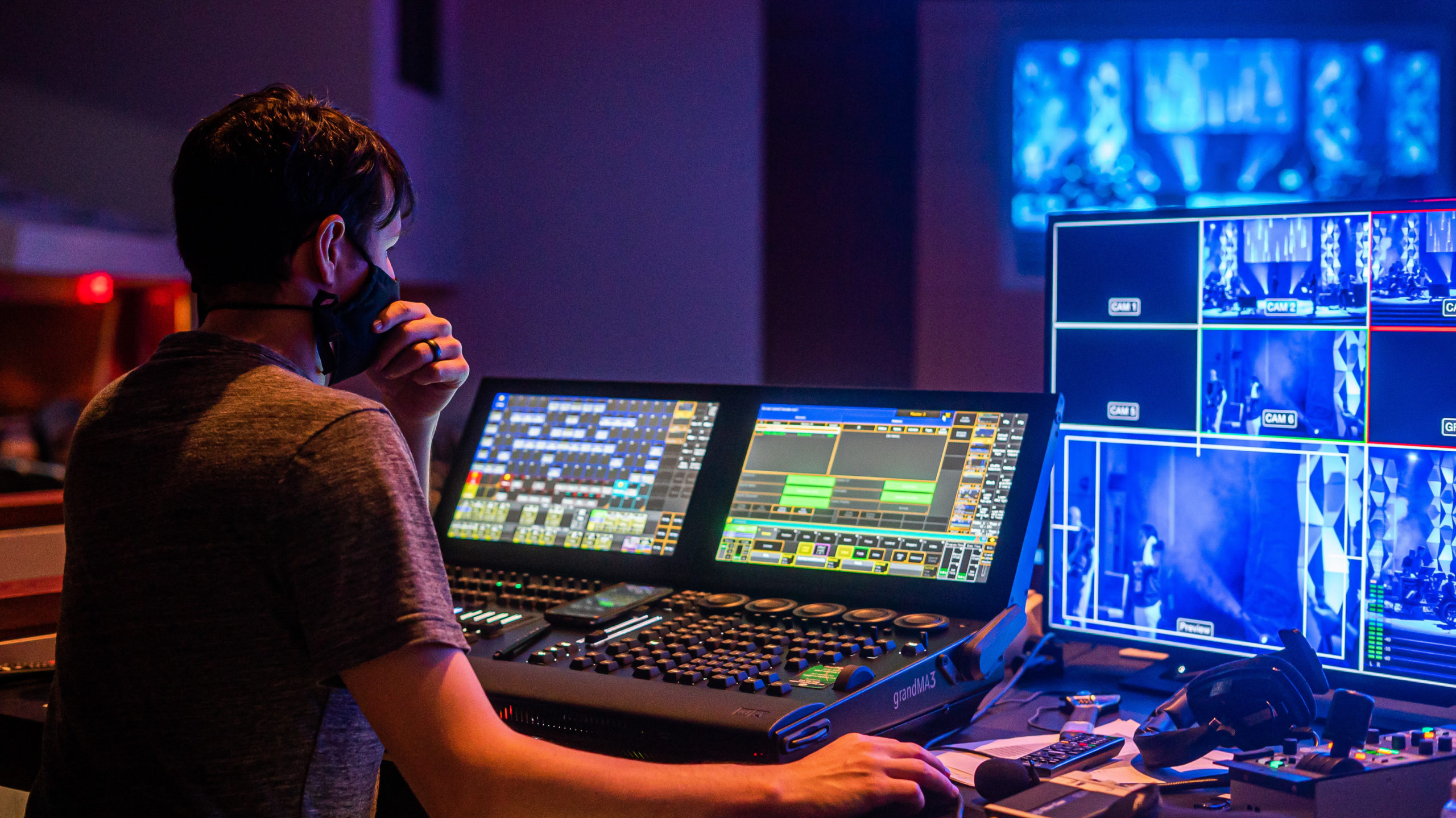How Sports, Gaming, and Entertainment Events Are Moving Forward, Post-Pandemic
In-person gatherings, both big and small, were significantly impacted by the pandemic. Sectors like live music, cinema, celebrations, conferences, and sporting events were shut down due to social distancing protocols, but are expected to bounce back as vaccinations continue their roll-out around the world. Indeed, PR Newswire reports how the global entertainment industry is projected to see an increased spending growth of 6.4% this year.
Even as traces of the virus slowly start to disappear, there’s no denying that COVID-19 drastically changed the way people interact, converse, and celebrate together. Over the past year, event hosts have tried to figure out ways for attendees to safely interact: providing rapid-testing options, setting up events outdoors, and streaming events virtually, to name a few. Here are some ways we can expect changes to entertainment gatherings in the next normal:
Concerts and theater events
The cultural and creative sector was negatively affected by the pandemic, with performing arts revenues’ plunging and causing industry unemployment rates to increase. Now, concert halls, movie theaters, and exhibition centers are starting to open up again — this time with additional health and safety measures. Theater shows and other stage acts are mostly live-streamed, although other theaters allowed a restricted number of audience members (who tested negative on the day of the performance) to come in person. For concerts, streaming and virtual reality delivery is also in vogue.
Soon, drive-in concerts — like drive-in movies — will become the norm as well, because they allow people to practice social distancing while listening to their favorite bands live. Speaking of movies, cinemas are getting a makeover as well, with hand-sanitizer stations, pre-packaged snacks, and seats positioned six-feet apart. The streaming trend will likely stay strong, with PPV screenings allowing more fans the opportunity to watch the latest films and shows on their TVs.
Gaming and eSports tournaments
Despite the widespread economic disruption of the pandemic, the gaming and eSports industry saw an uptick around the world. Games provided an engaging distraction for people at home, and the accessibility of high-quality games across devices and platforms have ushered in a new era for classic games such as poker and bingo. While this sector will largely continue to dominate the online sphere, many game tournaments are now poised to make their comeback as live events. The 2021 World Series Of Poker, for instance, is being held in Las Vegas’s Rio Convention Center, following vaccinations and the implementation of COVID-19 safety protocols.
eSports — a sector of gaming for organized, multiplayer video game competitions — remained fairly undisrupted by the pandemic because it worked on online streaming to begin with. However, many US gamers are still interested in attending live events as soon as possible. Most organizations are choosing to play it safe by allowing only players to compete in person. Finals matches will now have teams playing in the same location, but these won’t be open to fans just yet.
Athletics and sporting competitions
At the height of the COVID-19 shutdown, arenas all but emptied as star athletes played in front of skeleton audiences. Since then, we’ve made a substantial return to physical events; most notably as the postponed 2020 Tokyo Olympic Games were able to move forward as planned. In fact, plans are underway for a major international soccer contest to with the 2022 FIFA World Cup being held in Qatar. The World Health Organization and host country Qatar are joining forces to promote health security and holistic well-being at the heart of the world’s biggest soccer event.
The ongoing virus mutations, however, may could affect these events in the not too distant future. While implementing social distancing measures in close contact sports isn’t possible, other measures like limiting crowds, providing regular COVID-19 tests for athletes, and changing ticketing conditions can protect sporting revenues. Any pregame huddles, handshakes, and face-to-face confrontations with opponents and officials should be avoided, while fan interactions should stick with streaming content, video messages, and virtual hangouts to curb the coronavirus spread.

